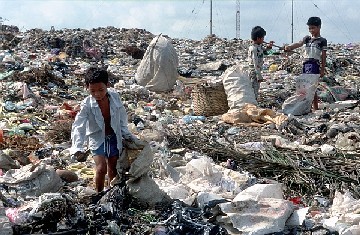 |
| Newspaper clipping from the Straits Times about harnessing of heat as energy |
Scientists at A*Star and Hitachi have discovered that the 440 degrees Celsius heat waste produced by diesel generators can be used to heat water, which is then used in a thermochemical reaction to get cold water of about 7 degrees Celsius that is circulated throughout the building. Sort of like an alternative to air conditioning.
I'm quite excited for what may be to come in the future; a revolution of the air conditioner! As many of you may have noticed, normal air conditioners have condensers outside the building which emits a fair amount of heat. Waste heat! (If you're not sure how air conditioners work, may I refer you to this page?) With this new discovery, I believe that many new and clean technology can be developed soon!


